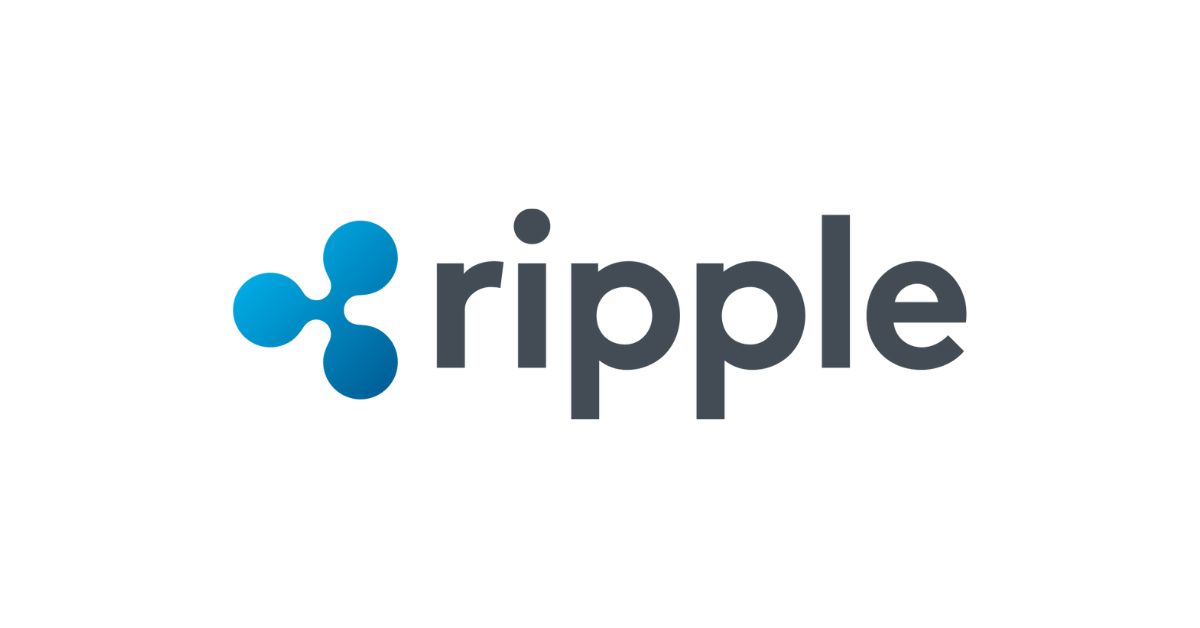
Ripple and Fintech: How Startups Leverage XRP for Global Payments
Introduction to Ripple and XRP in the Fintech Ecosystem
Ripple Labs, established in 2012, has positioned itself as a pivotal player in transforming financial transactions globally. By leveraging blockchain technology, Ripple offers innovative solutions for cross-border payments, a segment traditionally dominated by legacy systems. At the heart of Ripple’s infrastructure is XRP, a digital asset designed specifically for payments.
The adoption of Ripple’s technology by fintech startups marks a significant shift in the financial landscape. Companies increasingly look to Ripple and XRP to provide faster, more reliable, and cost-effective payment solutions. As these startups integrate Ripple’s payment protocol, they are not only reforming their operations but are also influencing the broader financial ecosystem.
The Evolution of Cross-Border Payment Networks
Historically, cross-border payments have been plagued by slow processing times, high transaction costs, and lack of transparency. Traditional systems like SWIFT, while extensively used, often involve multiple intermediaries, each adding their own fees and delays to the transaction process.
Ripple, with its advanced blockchain technology, presents a compelling alternative. By using XRP as a bridge currency, Ripple enables instant settlement of transactions, reducing both costs and time. This capability is crucial for fintech firms aiming to provide competitive global payment services.
For example, Ripple’s collaboration with MoneyGram demonstrated the efficacy of XRP in reducing operational costs and improving liquidity management. This partnership not only validated Ripple’s technology but also set a precedent for other fintech firms to explore similar integrations.
The Role of Ripple Partnerships in Expanding Global Financial Infrastructure
Ripple’s strategic partnerships are instrumental in expanding its influence across the global financial infrastructure. By aligning with financial institutions, payment providers, and fintech startups, Ripple enhances its network’s reach and reliability.
RippleNet, Ripple’s enterprise blockchain network, connects hundreds of financial institutions worldwide. This extensive network facilitates the seamless transfer of funds across borders, leveraging XRP for liquidity and speed. Startups integrating RippleNet gain access to this robust infrastructure, enabling them to offer superior payment services.
Moreover, partnerships with banks like Santander and Standard Chartered highlight Ripple’s ability to work within regulated environments, further bolstering its credibility and appeal among fintech companies seeking secure and compliant solutions.
XRP Adoption and Its Impact on Digital Asset Markets
The adoption of XRP by fintech firms significantly impacts the broader digital asset markets. As more companies utilize XRP for transactions, the demand for the digital asset increases, potentially influencing its market value and liquidity.
Fintech startups leveraging XRP contribute to its growing adoption, encouraging other sectors to explore its utility. This widespread use helps stabilize the asset’s price and enhances its reputation as a reliable payment tool.
Furthermore, XRP’s utility as a bridge currency facilitates interoperability between different digital assets and fiat currencies, a feature particularly attractive to fintech firms operating in diverse markets.
Enterprise Blockchain Solutions: Ripple’s Technological Edge
Ripple’s blockchain technology offers enterprise-grade solutions that appeal to fintech startups seeking efficiency and scalability. Unlike public blockchains, Ripple’s consensus protocol is designed for speed and reliability, processing transactions in mere seconds.
This technological edge allows fintech companies to offer real-time payment services, a key differentiator in the competitive global payments market. Ripple’s blockchain also ensures transparency and security, attributes essential for maintaining customer trust and regulatory compliance.
Startups adopting Ripple’s technology benefit from its robust infrastructure, which supports high transaction volumes without compromising performance, a critical requirement for scaling operations.
Compliance and Regulation in the Crypto Economy
Navigating the complex landscape of crypto regulation is a significant challenge for fintech firms. Ripple’s proactive approach to regulatory compliance offers a blueprint for startups in the digital asset space.
Ripple engages with regulators globally, advocating for clear and fair policies that accommodate innovation while ensuring consumer protection. This engagement helps fintech firms using Ripple’s solutions to operate within legal frameworks, reducing regulatory risk.
Additionally, Ripple’s focus on compliance is reflected in its partnerships with regulated financial entities, providing fintech startups with templates for aligning their operations with regulatory requirements.
Use Cases of Ripple and XRP in Fintech Startups
Numerous fintech startups are leveraging Ripple and XRP to revolutionize their payment services. One notable example is the use of Ripple’s technology by InstaReM, a digital payments company that offers seamless cross-border payments with reduced fees.
Another example is the collaboration between Ripple and FlashFX, an Australian payments platform that utilizes Ripple for instantaneous international transfers. By adopting XRP, FlashFX can offer competitive rates and faster transaction times compared to traditional banking methods.
These use cases illustrate the transformative potential of Ripple and XRP in empowering fintech startups to deliver enhanced financial services and expand their market presence.
Conclusion: Ripple and XRP as Catalysts for Fintech Innovation
In conclusion, Ripple and XRP serve as catalysts for innovation within the fintech sector. By providing a robust, scalable, and compliant infrastructure, Ripple enables startups to redefine global payments, offering faster, cheaper, and more transparent services.
The strategic partnerships, technological advantages, and regulatory foresight that Ripple brings to the table are invaluable for fintech firms navigating the evolving financial landscape. As more companies adopt Ripple’s solutions, the potential for XRP to become a standard in cross-border transactions grows.
Ripple and XRP’s impact on the fintech industry is profound, and their continued evolution promises to shape the future of global payments. XRPAuthority.com remains committed to providing in-depth, institutional-grade analysis on developments in this dynamic field, ensuring our readers are informed and prepared to engage with the digital asset economy.
